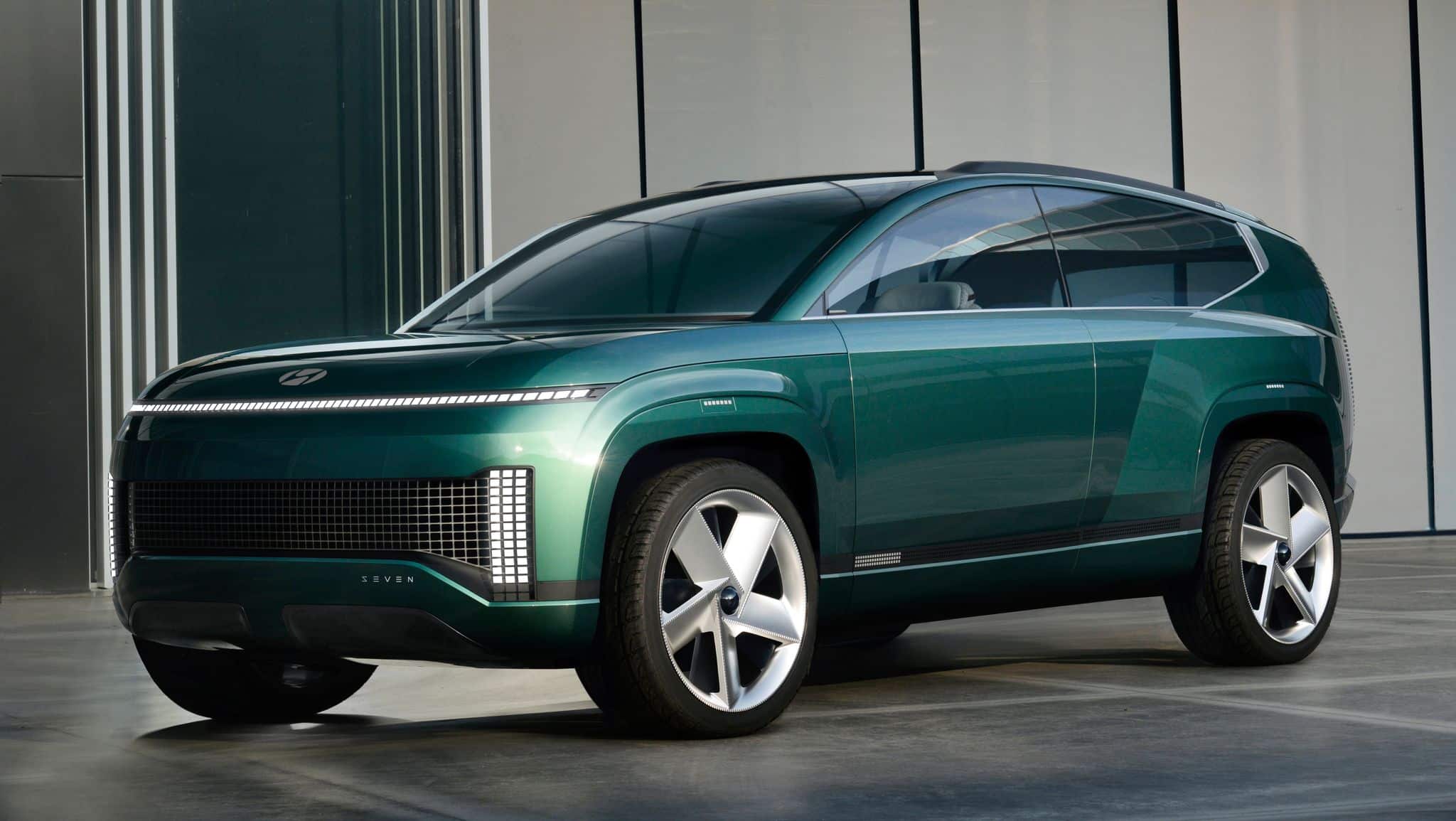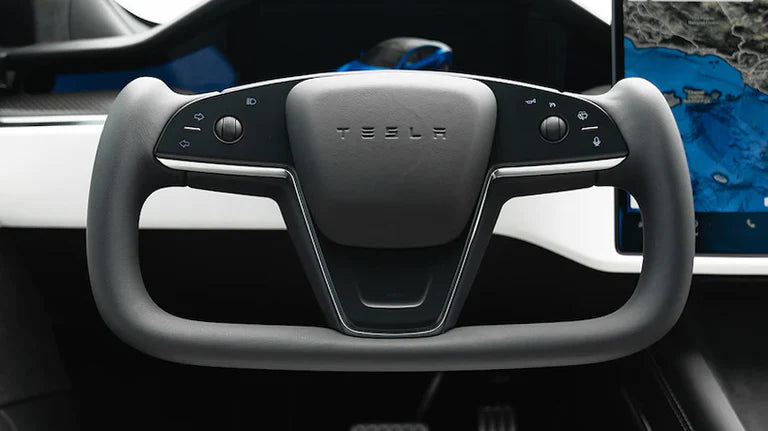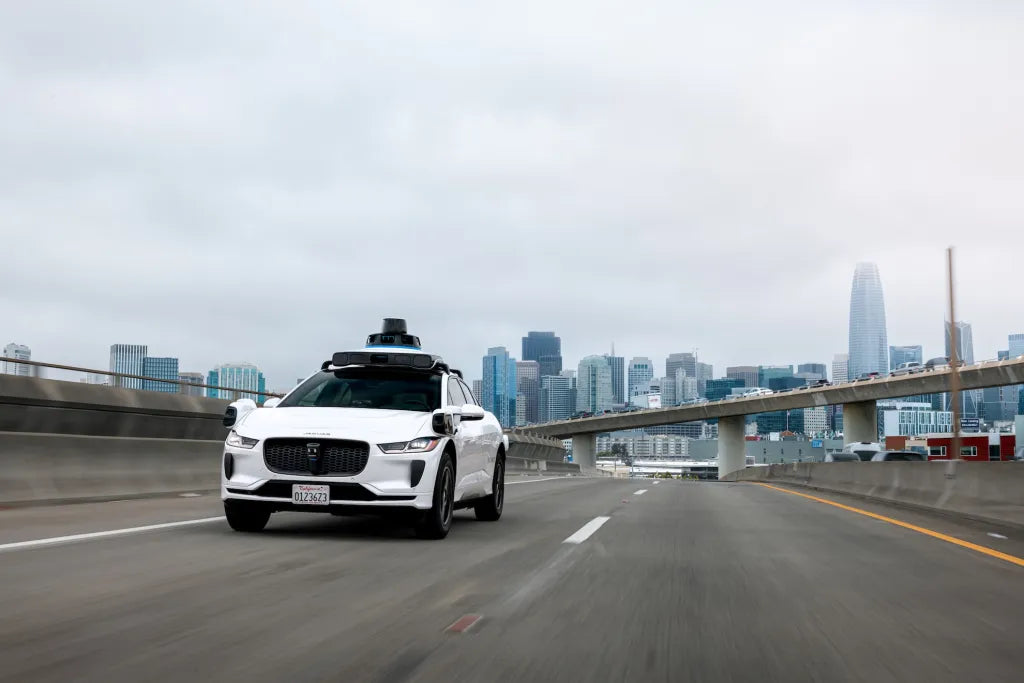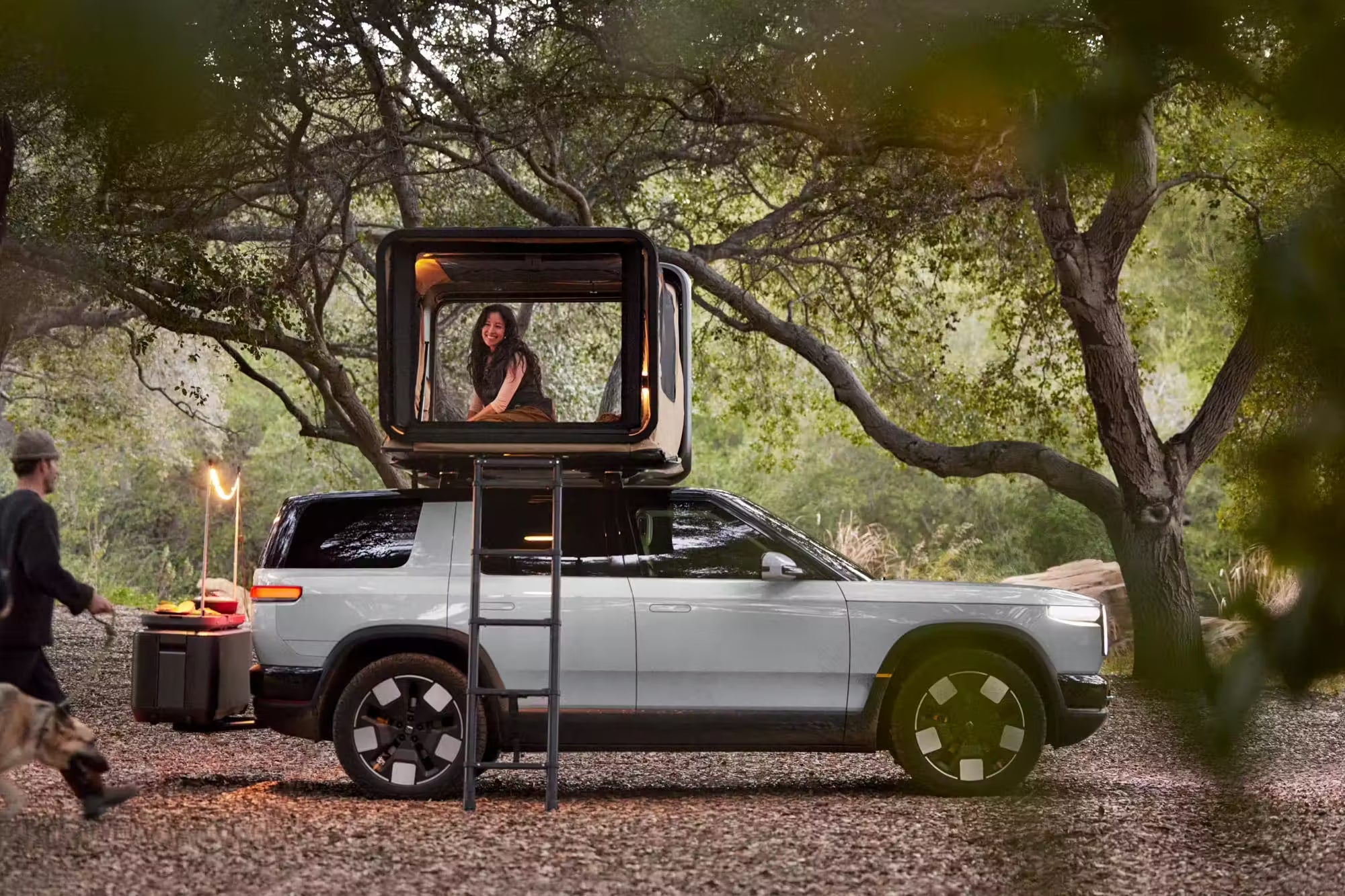À mesure que le marché des véhicules électriques (VE) gagne en maturité, un nombre croissant d'acheteurs choisissent non seulement entre des marques, mais aussi entre des valeurs. Privilégiez-vous le frisson de la vitesse ou la liberté de l'autonomie ? Cette question, soulevée récemment sur Reddit par un futur acheteur de SUV de luxe, met en lumière une tension croissante quant à la commercialisation et à la conception des VE, notamment haut de gamme.
L'affiche, évoquant des modèles comme la Cadillac Lyriq et l'Audi Q6 e-tron, exprimait sa frustration face à l'importance accordée à la puissance (ch), au couple et au 0 à 100 km/h dans les supports promotionnels, tandis que les caractéristiques d'autonomie semblent souvent occultées. Pour quiconque envisage d'utiliser un SUV de luxe pour de longs trajets, l'autonomie devrait primer sur la vitesse, a-t- il soutenu.
C'est un point pertinent. Mais les raisons pour lesquelles les constructeurs automobiles – et de nombreux acheteurs – sont toujours attirés par la puissance sont aussi complexes que les véhicules eux-mêmes.
Le défi de l'ingénierie : la puissance est facile, l'autonomie est difficile
L’une des principales réponses dans le fil Reddit a résumé la réalité :
Faire rouler une voiture électrique rapidement est simple et économique. Parvenir à parcourir 800 km avec une seule charge est coûteux et complexe.
Cette vérité technique explique en grande partie la disparité des points de vue. Les moteurs électriques sont relativement simples à adapter pour des performances optimales ; développer plus de 400 chevaux n'est plus l'apanage des voitures de sport à six chiffres. En revanche, augmenter l'autonomie implique soit l'installation d'une batterie plus grande (et plus lourde), soit une amélioration drastique de l'efficacité énergétique du véhicule, deux facteurs qui augmentent le poids, le coût et la complexité.
Pour concevoir un SUV de luxe longue durée, les constructeurs automobiles doivent souvent faire des compromis : réduire l'espace de chargement, utiliser des matériaux coûteux ou augmenter le prix. Autrement dit, ils résolvent un problème plus complexe, souvent avec un résultat moins spectaculaire lors d'un essai routier.
Régénération, efficacité et le mythe du gros moteur
Certains commentateurs ont avancé que les moteurs plus puissants peuvent récupérer davantage d'énergie grâce au freinage régénératif, une forme de décélération qui convertit l'élan en charge de batterie. Bien que cela soit techniquement vrai, d'autres ont souligné que les avantages de la régénération sont limités par le logiciel et le style de conduite , et non par la seule taille du moteur.
Il existe néanmoins une raison pragmatique justifiant l'utilisation de moteurs puissants dans les gros véhicules électriques : les gros véhicules ont besoin d'un couple élevé pour se déplacer efficacement. Ainsi, équiper un SUV d'un moteur puissant n'est pas toujours une question de performances ; cela peut aussi contribuer à préserver la maniabilité et l'autonomie en conduite prudente .
Pourquoi les chevaux-vapeur se vendent toujours
Un acheteur de SUV de luxe pourrait logiquement souhaiter une plus grande autonomie, mais les constructeurs automobiles misent avant tout sur l'attrait émotionnel. Un utilisateur de Reddit l'a exprimé sans détour :
« L'autonomie est pratique, la puissance procure un sentiment de supériorité entre les feux rouges. »
Un autre a ajouté :
Il est plus facile pour les constructeurs d'augmenter la puissance sans augmenter le coût des véhicules. De plus, ces véhicules ont plus de chances d'impressionner les conducteurs lors d'un essai routier.
En effet, le luxe se vend souvent non pas par des fiches techniques, mais par l'expérience. Une accélération vive et silencieuse peut sembler magique, surtout pour un novice en véhicules électriques. Par ailleurs, une autonomie de plus de 480 km est une idée abstraite, à moins de parcourir des kilomètres à travers le pays chaque mois.
Comment les gens utilisent réellement leurs véhicules électriques
Ironiquement, de nombreux conducteurs testent rarement les limites de l'autonomie de leur véhicule. Pour ceux qui disposent de bornes de recharge à domicile, courantes chez les propriétaires de SUV de luxe, la routine quotidienne dépasse rarement 80 à 160 kilomètres. Comme l'a fait remarquer un utilisateur :
« La plupart du temps, je ne conduis pas à proximité de l'autonomie du véhicule. Ce qui signifie que, la plupart du temps, l'autonomie n'a aucune importance. »
Cela ne doit pas pour autant occulter les inquiétudes des automobilistes et des conducteurs ruraux. Pour eux, plus de 640 kilomètres d'autonomie en conditions réelles sont précieux. Mais pour l'acheteur moyen, l'autonomie devient davantage une mesure de confort qu'une nécessité quotidienne.
Le cœur émotionnel du design des véhicules électriques de luxe
La conversation sur Reddit révèle une dynamique importante : les acheteurs de luxe sont autant guidés par l'émotion que par la logique . Un SUV de luxe doit être puissant, silencieux, rapide et prestigieux. L'autonomie est importante, mais l'excitation viscérale d'un couple instantané et d'un intérieur high-tech conclut souvent la vente.
Pourtant, les constructeurs automobiles commencent à proposer les deux. Les versions équipées de batteries plus puissantes et de moteurs plus modestes pour les trajets longue distance se multiplient, aux côtés des versions hautes performances.
Et finalement, le choix est le véritable luxe .
Réflexion finale : laissez la portée visible
L'auteur de l'article original ne demandait pas aux constructeurs automobiles d'arrêter de produire des véhicules électriques rapides. Il demandait simplement une chose simple : faciliter la recherche d'autonomie . Dans un monde où la facilité d'utilisation compte plus que les temps au quart de mile, cette demande est légitime.
Luxe ne rime pas forcément avec irréalisme. Et à l'ère des véhicules électriques, le véhicule le plus intelligent pourrait bien être celui qui ne s'arrête pas tous les 240 kilomètres , quelle que soit sa vitesse.
Lecture recommandée : Tesla augmente les prix des modèles S/X de 10 000 $ avec le nouveau pack Luxe








Partager:
Quelle distance peut parcourir une Tesla Model 3 avec une charge complète ?
Le Fonds fiduciaire pour les autoroutes s'épuise — et il faut une réforme urgente